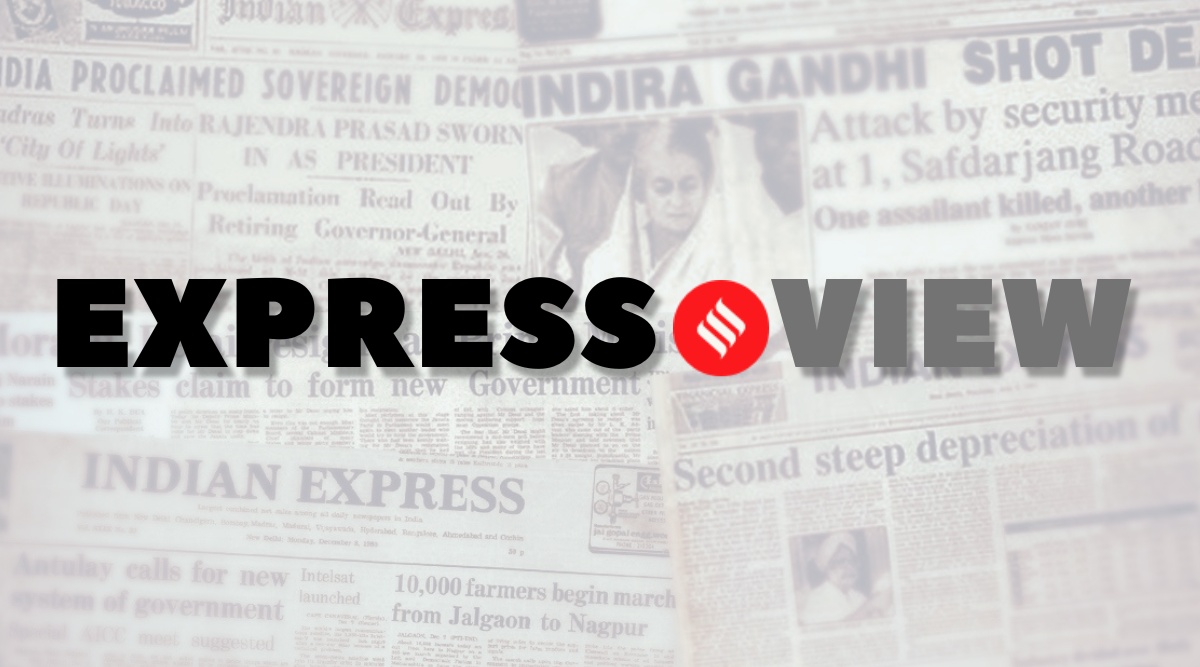 The IOA, which was suspended a decade ago by the IOC for similar governance issues, has already been reduced to a post office, with its role largely confined to sending entries for major multi-disciplinary events.
The IOA, which was suspended a decade ago by the IOC for similar governance issues, has already been reduced to a post office, with its role largely confined to sending entries for major multi-disciplinary events. The Commonwealth Games are round the corner but the country’s sports administrators are busy fighting for survival. On Wednesday, the International Olympic Committee (IOC) threatened to suspend India after the country’s Olympic Association failed to hold its elections, which were due seven months ago. Their warning comes at a time when other sports, including football and hockey, are staring at a similar fate. All these federations find themselves in the dock primarily because of poor governance, failure to adhere to laws and to hold timely elections.
While an IOC ban can be damaging — in terms of optics as well as the consequences for athletes — it won’t have any immediate impact in terms of participation in the CWG, beginning July 28. India’s 215-strong contingent is primed to win medals at the Birmingham Games. And therein lies an anomaly — even though the federations continue to be run abysmally, India’s performance graph on the field has been steadily on the rise. Across sports, the country’s athletes have consistently been challenging the best and finishing on the podium, which points to the infinite possibilities if only sports bodies performed their duties more sincerely.
The federations must set their house in order to remain relevant. The IOA, which was suspended a decade ago by the IOC for similar governance issues, has already been reduced to a post office, with its role largely confined to sending entries for major multi-disciplinary events. To ensure that they, too, don’t meet a similar fate, it is important for the federations to act professionally and think creatively to identify talent, train players and become self-sustaining financially. Else, the never-ending power struggle could see them dwindle into oblivion, especially with the government, in many cases, already bypassing them.
- The Indian Express website has been rated GREEN for its credibility and trustworthiness by Newsguard, a global service that rates news sources for their journalistic standards.

